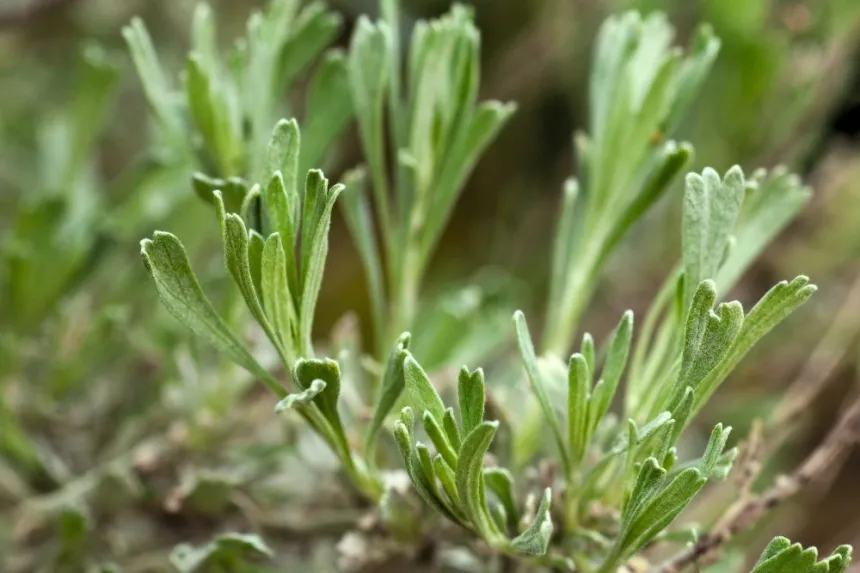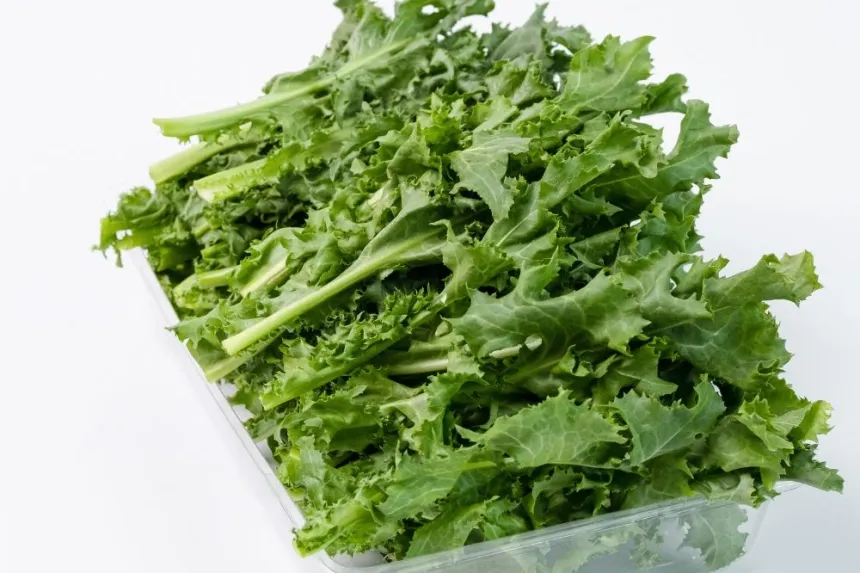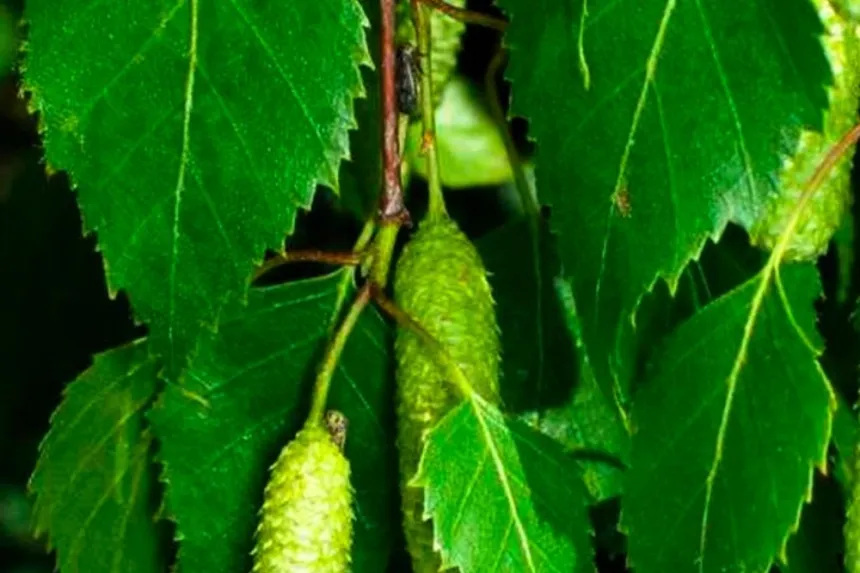Properties and Benefits of Wormwood for Health

Wormwood, also known as mugwort or St. John's herb, has been used since ancient times in various cultures for its numerous medicinal properties. This plant, which belongs to the Asteraceae family, has earned a place in both traditional medicine and modern herbalism. Below, we explore the characteristics and benefits of wormwood for health.
What is Wormwood?
Wormwood is a perennial plant that typically reaches between 60 and 120 centimeters in height. It has deeply divided leaves and small yellow flowers. It is native to Europe and Asia, although it has naturalized in other parts of the world. Since ancient times, it has been valued for its therapeutic properties and its ability to relieve various ailments.
Medicinal Properties of Wormwood
Anti-inflammatory
One of the main benefits of wormwood is its anti-inflammatory action. This plant contains compounds that help reduce inflammation in the body, which can be useful for those suffering from chronic diseases or injuries.
Digestive
Wormwood is also known for its digestive benefits. It has traditionally been used to improve digestion, stimulate appetite, and relieve abdominal pain. Consuming it may help combat issues such as indigestion and gas.
Read also
Antioxidant
Wormwood possesses antioxidant properties, which are essential for neutralizing free radicals and protecting the body from cellular damage. This contributes to maintaining overall health and preventing age-related illnesses.
Antimicrobial
Studies have evidenced the antimicrobial action of wormwood, meaning it can be effective against various pathogenic microorganisms. This makes it an interesting option to complement treatment for infections.
Benefits of Wormwood for Health
Relief from Stress and Anxiety
Wormwood has been used in traditional medicine to relieve stress and anxiety. Its ability to relax the nervous system may contribute to improving mood and promoting a general sense of well-being.
Regulation of the Menstrual Cycle
The properties of wormwood are also recognized in women's health. It can help regulate the menstrual cycle and alleviate symptoms related to menstruation, such as cramps and discomfort.
Support in the Treatment of Liver Disorders
Wormwood may offer benefits in treating liver disorders. It has been used to improve liver function and assist in detoxifying the body.
Effects on Mental Health
Some studies suggest that wormwood may have a positive impact on mental health. Certain compounds present in the plant may aid in the treatment of disorders such as depression and anxiety.
How to Consume Wormwood?
Wormwood can be consumed in various forms. Infusions are one of the most common ways to take advantage of its benefits. It is also available in liquid extracts and capsules. However, it is important to consult a healthcare professional before starting any treatment with wormwood, especially in cases of pregnancy, breastfeeding, or pre-existing health conditions.
Conclusion
Wormwood is a plant with a wide spectrum of properties and benefits that can contribute to improving health and overall well-being. Its traditional use has shown effectiveness in different areas, from digestion to mental health. If you wish to explore more about medicinal plants and their uses, I invite you to continue reading more news on my blog.











































